When it comes to dental health, most people know the basics: brush twice a day, floss daily, and visit the dentist regularly. But even if you’re doing all that right, you might still be harming your teeth — without realizing it. Everyday behaviors and small habits can slowly wear down your enamel, irritate your gums, and even lead to tooth loss. Here’s a deep dive into the bad dental habits you need to kick — and how doing so can save your smile.
At our Etobicoke dentist office, we often see the long-term effects of these habits — but the good news is they’re preventable.
Common Bad Habits — and Their Dental Consequences
Nail Biting (Onychophagia)
Nail biting doesn’t just damage your fingertips. It can cause enamel microfractures, shift tooth alignment, and even lead to temporomandibular joint (TMJ) discomfort. Plus, you’re introducing bacteria directly from your nails into your oral cavity.
Dental Tip: Apply bitter nail polish or keep your hands busy with a fidget toy.
Chewing Ice
Ice is hard enough to cause cracked enamel, fractured cusps, or even tooth avulsion (complete dislodgement in extreme cases). It can also destroy dental restorations like crowns or fillings.
Dental Tip: Sip chilled drinks without ice or use a straw.
Teeth Grinding (Bruxism)
Grinding or clenching (bruxing) wears down your occlusal surfaces, causes tooth sensitivity, and contributes to jaw pain, muscle tension, and TMJ disorders.
Dental Tip: Wear a custom night guard and reduce stress with mindfulness techniques.

Brushing Too Hard
Aggressive brushing can cause gingival recession, enamel abrasion, and exposed dentin, leading to sensitivity.
Dental Tip: Use a soft-bristled toothbrush and gentle circular motions. Electric brushes with pressure sensors are great for control.
Constant Snacking
Frequent snacking, especially on sugary or starchy foods, fuels plaque biofilm, promotes acid production, and leads to dental caries (cavities).
Dental Tip: Eat balanced meals, limit grazing, and rinse with water after snacks.

Using Teeth As Tools
Tearing packages or opening bottles with your teeth can cause chipped incisors, fractures, or stress on the periodontal ligament.
Dental Tip: Keep scissors or tools nearby — never rely on your teeth.
Drinking Acidic Beverages Without a Straw
Sodas, citrus juices, and even sparkling water can lead to acid erosion, weakening the enamel layer.
Dental Tip: Drink through a straw to bypass the teeth and rinse with water afterward.

Pen and Pencil Chewing
This habit adds uneven pressure on teeth and may lead to tooth movement, cracks, or inflammation of the pulp.
Dental Tip: Replace pens with sugar-free gum to keep your jaw moving safely.
Smoking and Tobacco Use
Smoking increases your risk of periodontitis, oral leukoplakia, halitosis (bad breath), and oral cancer.
Dental Tip: Talk to your dentist or physician about cessation support.
Playing Sports Without a Mouthguard
One blow to the face without protection can lead to dental trauma, including avulsed teeth, tooth fractures, and soft tissue injuries.
Dental Tip: Wear a custom-fitted athletic mouthguard during all contact sports.
Overusing Whitening Products
Excessive bleaching can cause tooth sensitivity, gum irritation, and weaken enamel over time.
Dental Tip: Only use dentist-approved whitening products, and never overdo it.
Neglecting Dental Visits
Skipping dental checkups means caries, periodontal disease, or oral lesions can go unnoticed until they become severe.
Dental Tip: See your Etobicoke dentist every 6 months for preventive care and cleanings.
Common Dental Terms Explained
Enamel – The hard, outer layer of your teeth that protects against decay.
Gingiva – Also known as your gums; tissue that supports and protects your teeth.
Plaque – A sticky film of bacteria that forms on teeth.
Calculus – Hardened plaque that can only be removed by a dental professional.
Caries – Another term for cavities or tooth decay.
Occlusion – How your upper and lower teeth come together.
Restorations – Fillings, crowns, or other treatments used to repair damaged teeth.
Pulp – The inner part of the tooth containing nerves and blood vessels.
Fluoride – A mineral that strengthens enamel and helps prevent cavities.
Sealant – A protective coating applied to chewing surfaces of back teeth to prevent decay.
Dental concerns in Etobicoke?
Bad dental habits often start small but can lead to big problems if left unchecked. From chipped enamel to receding gums and even tooth loss, the long-term consequences of these habits can be painful and expensive. The good news? Awareness is the first step to prevention. Talk with your Etobicoke Dentist about your daily routines, stress levels, and oral behaviours — they can help you protect your smile for a lifetime.




